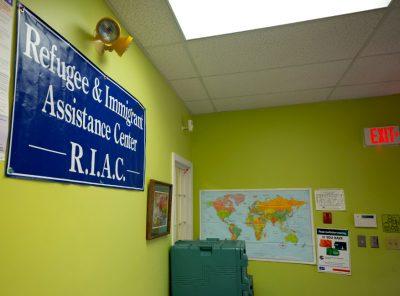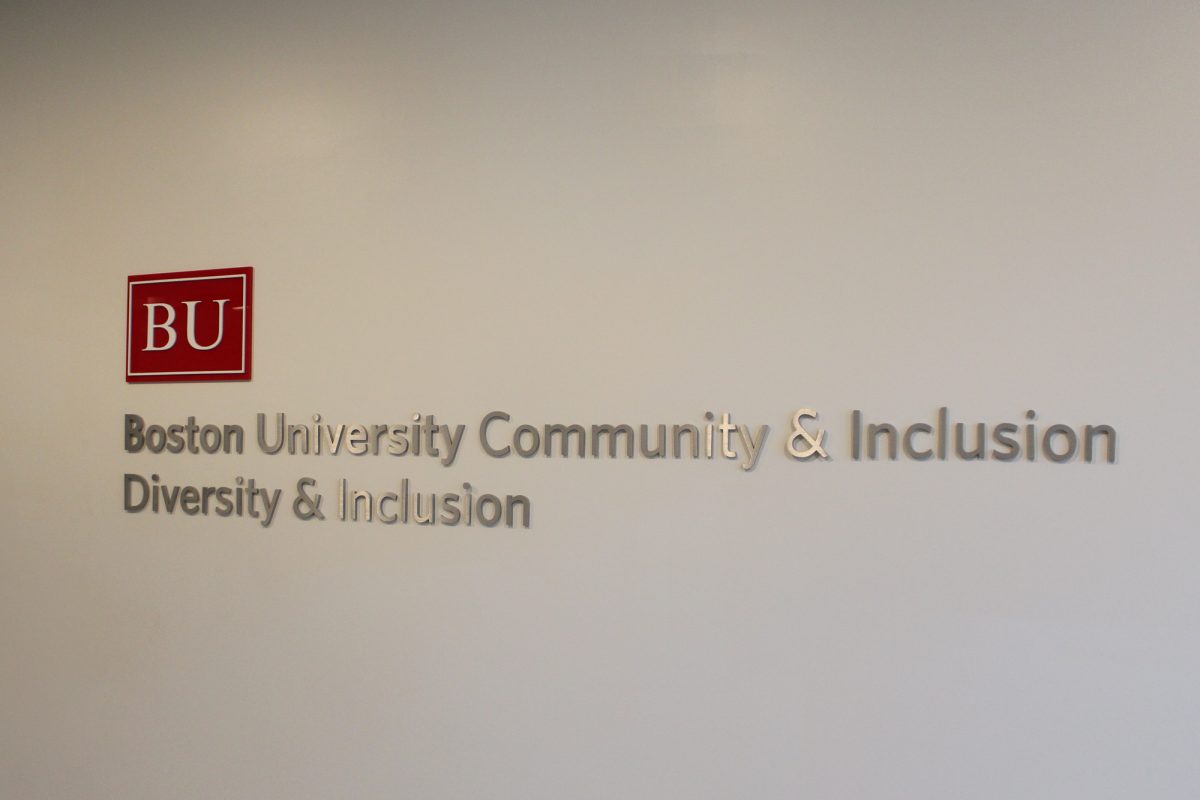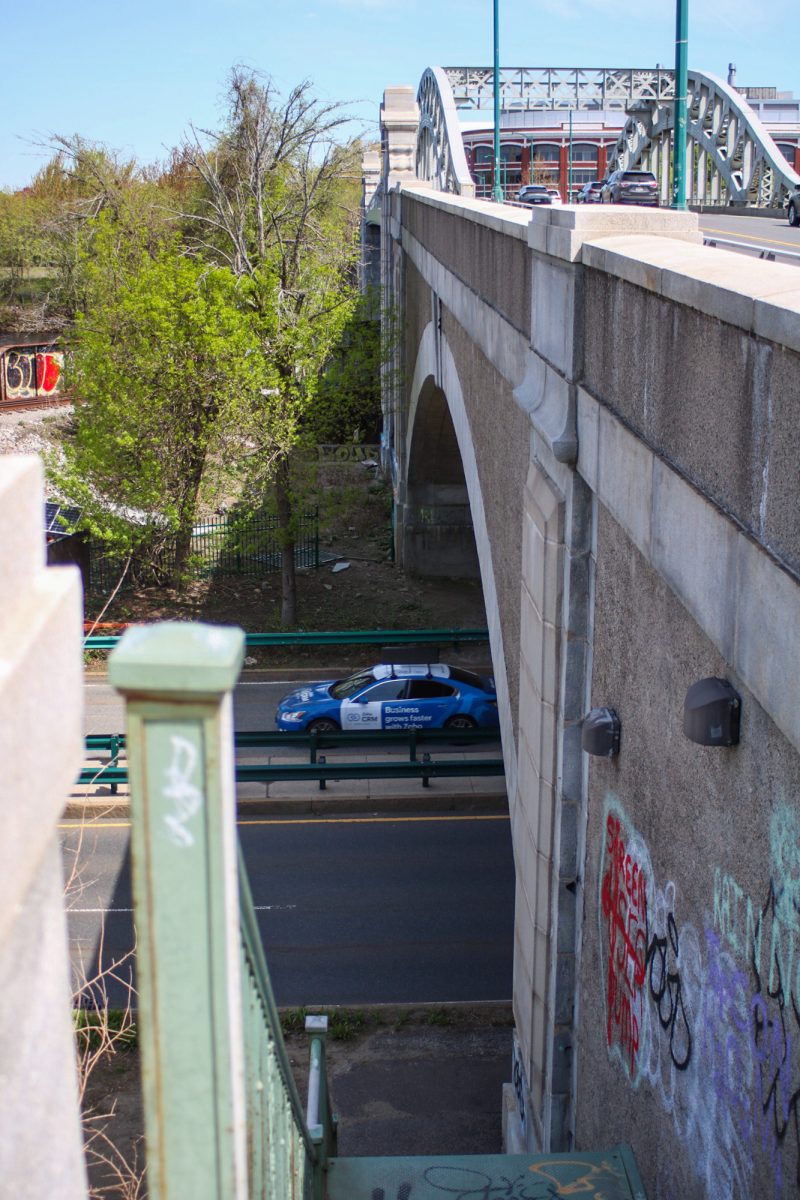
By: Phoebe Chen, Samuele Petrucelli
Since the Taliban — a conservative political and religious faction in Afghanistan that emerged — took over the capital city of Kabul last month, a large number of refugees are fleeing the region.
According to the Department of Defense, approximately 124,000 Americans, Afghans and third-country nationals were evacuated from Kabul by Sept 7. Photos and videos circulating show people flooding the city’s airport after the United States with many of the large evacuations starting Aug. 14.
The Biden Administration has issued special immigrant visa applications to Afghan nationals who worked with the U.S. government and their families. The New York Times reports that 2,000 of those visa applicants have been relocated to military bases since mid-July with plans to evacuate hundreds more.
On Aug. 17, Massachusetts Governor Charlie Baker said in a tweet the state “is ready to assist Afghan refugees seeking safety and peace in America.”
Rhetoric from city officials struck a similar tone, with Acting Mayor Kim Janey “calling on national governments to welcome Afghan refugees into our communities” on Twitter last August.
“Boston is a welcoming city,” Janey’s tweet read, “and it is our responsibility to stand together and help those fleeing persecution.”
Daniel Pereira, director of communications at the Massachusetts Immigrant and Refugee Advocacy Coalition, shed light on how people around Boston could offer help and support to Afghan refugees. MIRA is the largest coalition within New England that’s working with organizations to lead when it comes to immigration issues in the state and nation.
“There’s a moral duty there to help out refugees, but also I think that Massachusetts is a state, or a Commonwealth, that has a lot of really well-constructed infrastructure and a really strong culture and a really strong dynamic of being able to help these refugees,” Periera said.
Rakia Islam, programs manager at the Refugee Dream Center, said the organization works with a few Afghan families who have relatives in Afghanistan now. Similar to MIRA, the center operates as a post-resettlement refugee agency based out of Providence, Rhode Island.
“They’ve definitely come and expressed concerns because their family members are terrified that they’re there, but they also feel like they are fearful of coming to the U.S. as well because it’s like you’re jumping into the unknown,” Islam said.
Helping to expedite paperwork where they can is a tactic the Dream Center is using to help bring Afghan refugees over, she said, but the process is still time-consuming.
“We’re trying our best to help people get their families over but it’s a very, very difficult process,” she said.
Pereira said there are more than 130 organizations in the MIRA coalition working to support refugees and immigrants in a variety of sectors, such as health, labor rights, English as a second language classes, citizenship and education. He emphasized that the City has the “capacity” to comprehensively help refugees or immigrants coming in.
“We’re fundamentally in many ways a state defined and supported by our immigrant communities,” he said. “The population of Boston is [about] 30% immigrants.”
The Greater Boston Area welcomed 1,300 refugees last year, with 2,800 settling in the state as a whole, according to the City of Boston.
“Everyone can help refugees by welcoming them as valuable members of Boston’s community,” the city’s website states. “You can help by volunteering, tutoring, donating, educating, and employing refugees.”
Many nonprofit organizations provide services for refugees’ immediate and long-term needs, but Pereira also encourages residents to help and support the cause.
“You don’t really have Boston or Massachusetts without immigrants,” Pereira said, “so it stands to reason we should support.”
This article was updated Sept. 16 at 5:35 p.m. to correct a grammar mistake and update “Baker” to “Massachusetts Governor Charlie Baker”.
















































































































